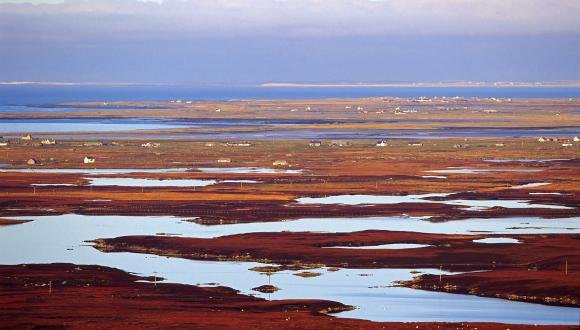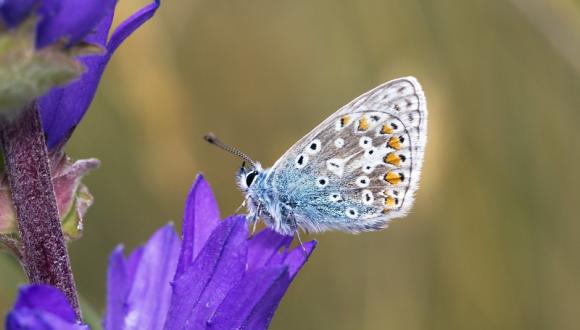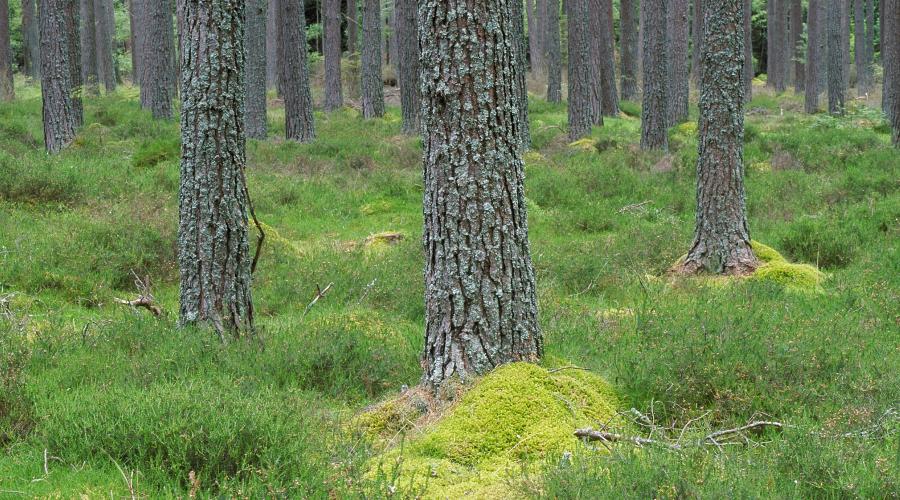
Benefits of Biodiversity
Biodiversity is the variety of life. Find out more about how biodiversity underpins all our lives, providing goods like food and medicine and contributing to our wellbeing, culture and economy.
Biodiversity is the variety of life. It includes all living things all around us: the soaring eagle, the leaping salmon, the towering Scots pine, the burring earthworm, and the soil-producing protozoa. It’s all life in our forests and mountains, our rivers and seas, our gardens, parks, and our soils – the great mixture of habitats make up our rich and varied landscapes in Scotland. Biodiversity underpins the services nature provides that sustain our lives, so it’s essential that we protect it and work to improve it.
Physical goods
Nature provides physical, consumable goods and services that we could not live without such as - breathable air, drinkable water and food. Beyond these, healthy ecosystems also provide us with many other consumable benefits including - trees that provide us with material to build and fuel to burn, and plants that provide medicines. These physical goods and services are known as provisioning ecosystem services.
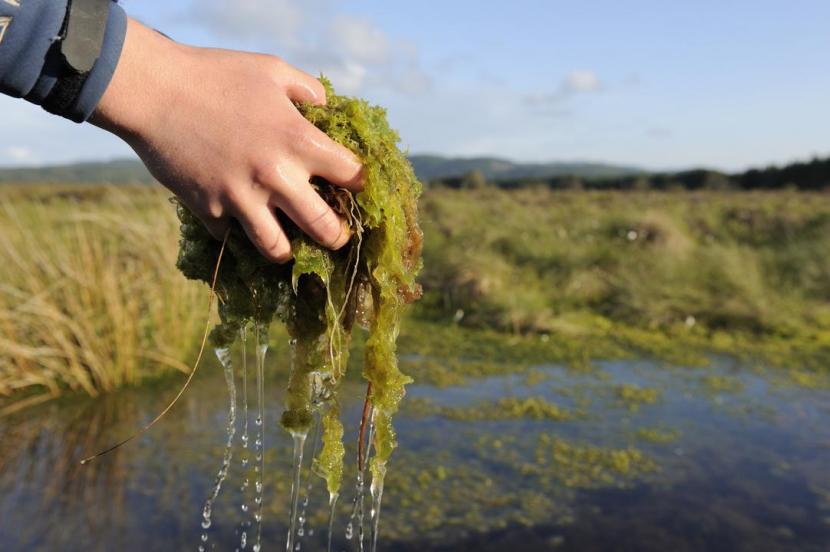
Scotland’s people, cultural heritage, and economy
Beyond physical goods, our natural environments, and the biodiversity within them, can provide intangible benefits to society such has helping tackle some of our key health issues. More and more evidence links regular outdoor exercise and contact with nature to a range of physical and mental health benefits. The great outdoors helps to improve public health and one could say that the outdoors is in effect our Natural Health Service.
Scotland’s biodiversity and geodiversity are also important parts of our cultural heritage and history. The diversity of Scotland’s plants and animals are, and always have been, part of our traditions, stories, symbols and songs. They appear on Pictish stones, Gaelic place name, and have inspired Scotland's writers, painters and musicians for centuries, from Robert Burns to Joan Eardley.
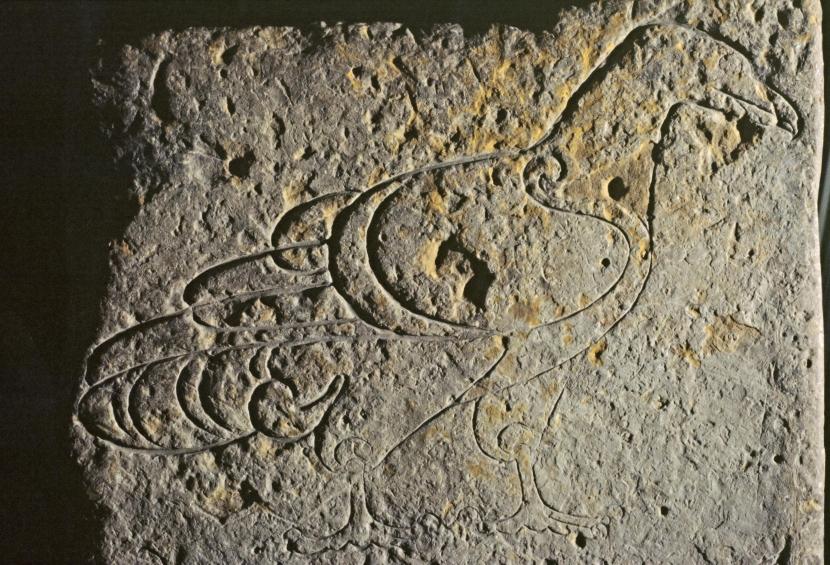
The natural environment contributes hugely to Scotland's economy, attracting people and businesses to visit, live and work in Scotland. Many economic activities in Scotland depend on the natural environment – from hill-walking and ecotourism to fishing and whisky production. People come to whale and dolphin watch off the west coast, snap their own ‘Monarch of the Glen’ photo in our highlands, search for the elusive red squirrel at Tentsmuirs Nature Reserve, and marvel at the gannets of Bass Rock. In fact, tourists consistently say that Scotland’s landscapes, wildlife and outdoor activities are the top reasons they visit the country.
These contributions to health, cultural heritage and economy, as well as many others, are known as cultural ecosystem services.
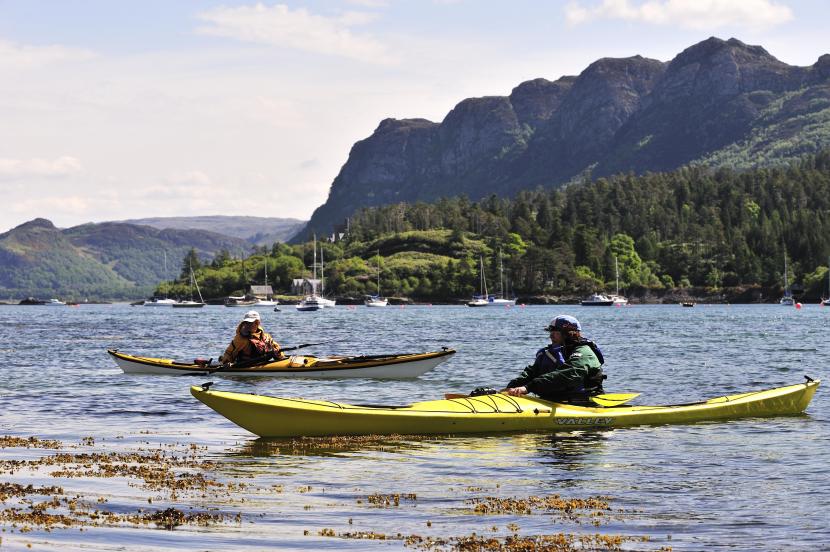
Regulating the natural world
Like tourism, biodiversity’s role in agriculture and food production is also vital to our economy. Growing crops and rearing animals, would not be possible without the numerous and complex interactions that happen below and above ground between different species. Fertile soils, pollination of crops, natural control of agricultural pests and the detoxification and decomposition of waste all contribute to cost and resource-effective production.
These interactions between biodiversity and the landscape, known as regulating and supporting ecosystem services, go beyond agriculture and food production, underpinning all life on this planet.
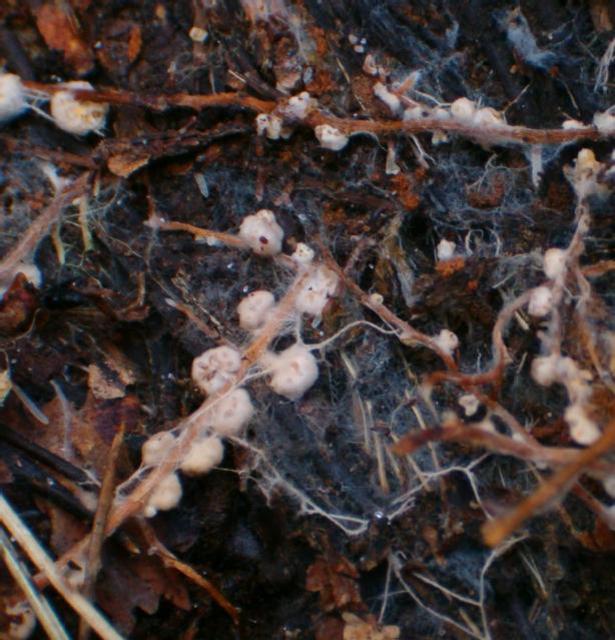
Resilient ecosystems
All the great benefits from biodiversity highlighted above depend on our nature being just that, diverse. For any ecosystem to function it needs a lot of components, and removing any of these will make this complex system weaker, or even make it collapse. Environments that are poor in diversity, like commercial monocultures of a single species of tree, crop or fish, have proven to be very fragile and can provide fewer, and lesser quality, benefits to people. So the more biodiverse an ecosystem or landscape is, the greater its resilience to pressures such as climate change.
Often when we talk about biodiversity the focus is on species and ecosystems, but genetic diversity is just as important. To ensure we have resilient ecosystems we need a rich diversity of plants and animals. To ensure rich diversity of plants and animals, we need genetic diversity. Like humans, genetic diversity is the differences among individual plants and animals, due to variation in their DNA. Genetic diversity is key to species adapting to pressures they may face such as changing climates and new diseases. So with more genetic diversity, populations can be more successful when adapting to changing conditions.
